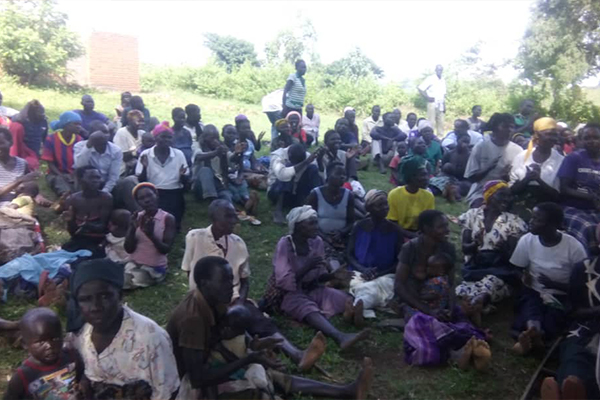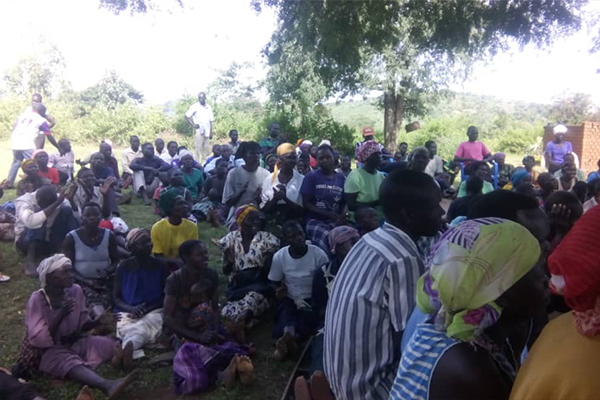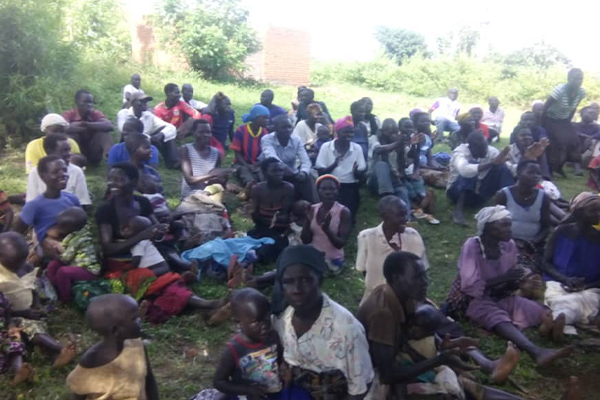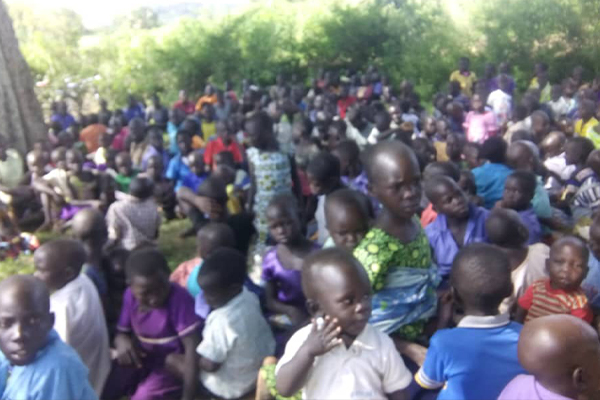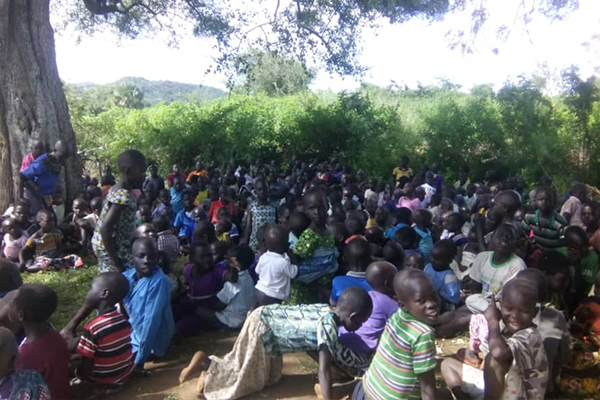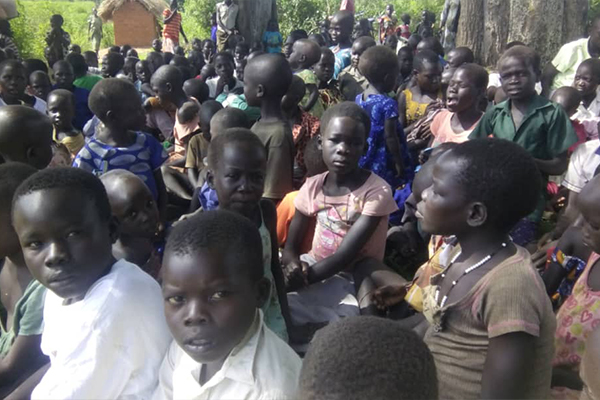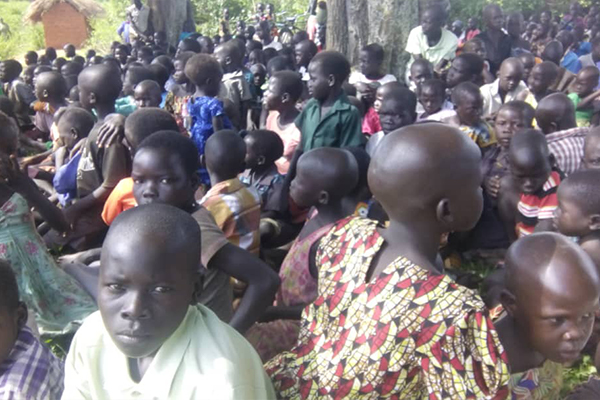Key programs
Services will be offered to OVC through several activities. These are detailed below.

The project will offer a number of skill-building opportunities. Individuals, particularly elderly grannies who care for OVC, are encouraged to join the various skills-development programmes on offer. These include, but are not limited to, beadwork, sewing, and cooking courses. These courses are sponsored by the Department of Social Development. Some of their work is sold to community members and others are used to beautify the project offices. On completion of training and pending demand, several individuals work for the OVC project. A small proportion of the profits from sales will go to these individuals and the remaining money is used for food.

Mobilizing the community is a key activity in attending to the project’s approach to community ownership. From day-one, the NGO will acknowledge and capitalize on the power of the community, when the founding members will call a community meeting to launch the organization. At this point, diverse groups within the community will have partnered with the NGO OVC project in varying capacities. For instance, local NGOs will offer skills, teachers and principals are willing to enter into negotiations to lower school fees for OVC, the security forces will respond to cases of abuse and at times provides transport to and from school, and churches provide religious training and baptism certificates to help children secure social grants.

Recognizing that OVC are at risk of abuse, relevant initiatives have been developed and put in place to protect children. This includes partnering with the security forces and campaigning for the rights of the child. The security forces play a fundamental role in protecting children within rural areas. For instance, if cases of abuse are suspected, the police are contacted to intervene. This partnership will prove to be invaluable in that it will stop a number of child abusers.

Beneficiaries, staff members, and the community has always singled out the provision of food as one of the most essential services offered by the OVC project. The project will run a feeding scheme in the
morning and afternoon. All children who attend the drop-in centre benefit from this. This will allow children access to a nutritious meal before and after school. This service will have obvious benefits for the child, particularly in the areas of learning and development. The organization will also have a vegetable garden and gives some of its produce to OVC to supplement nutrition, while selling excess produce for income.
Our Reachout Projects
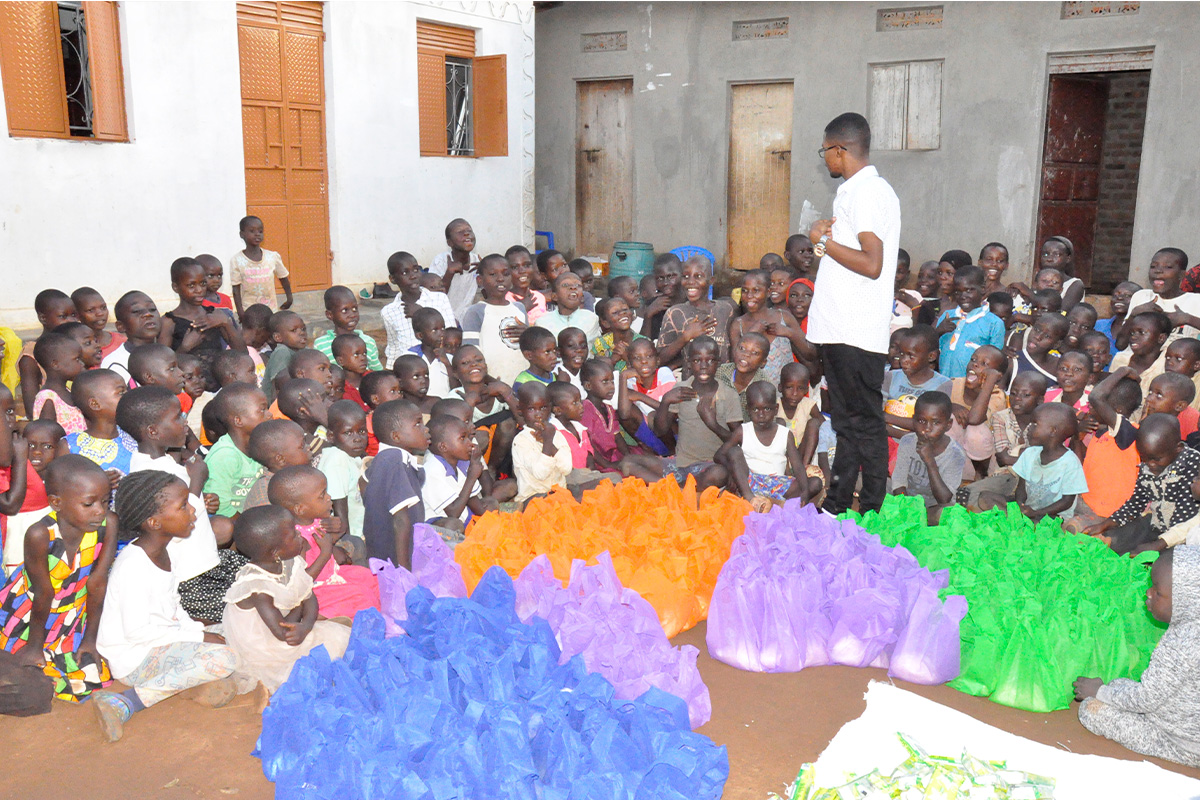
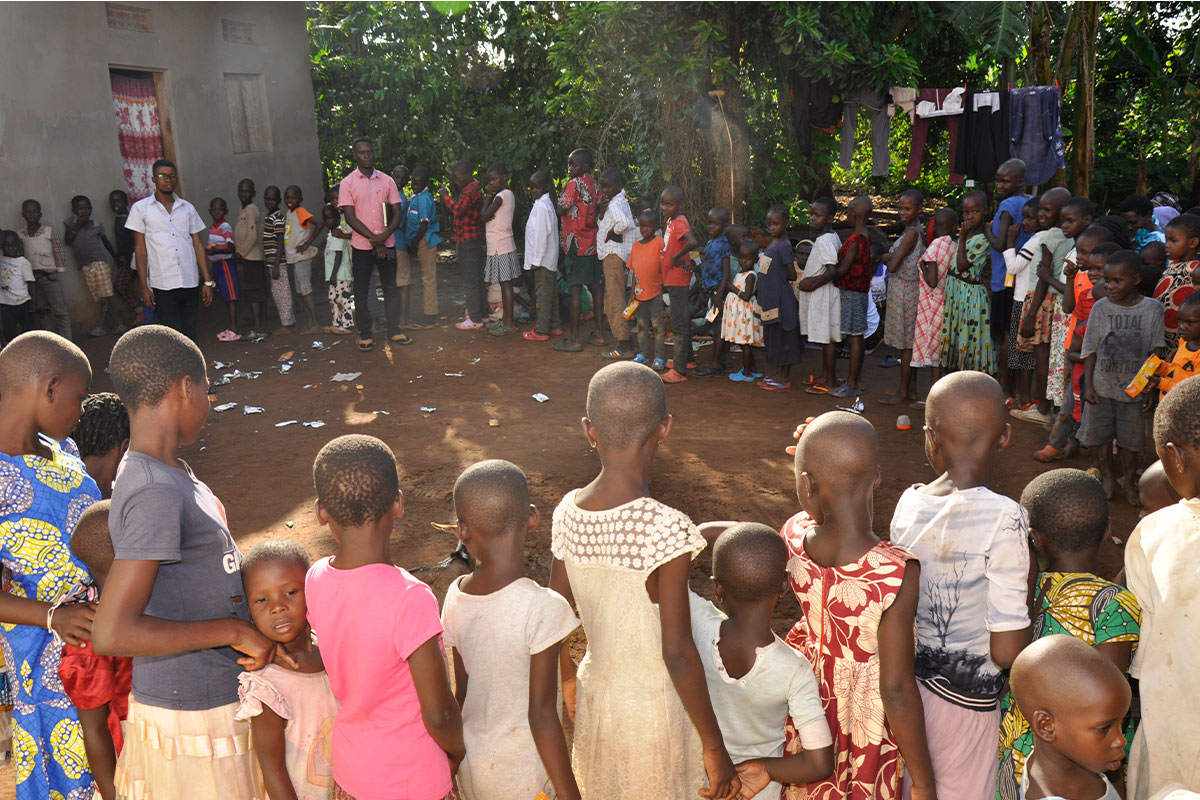




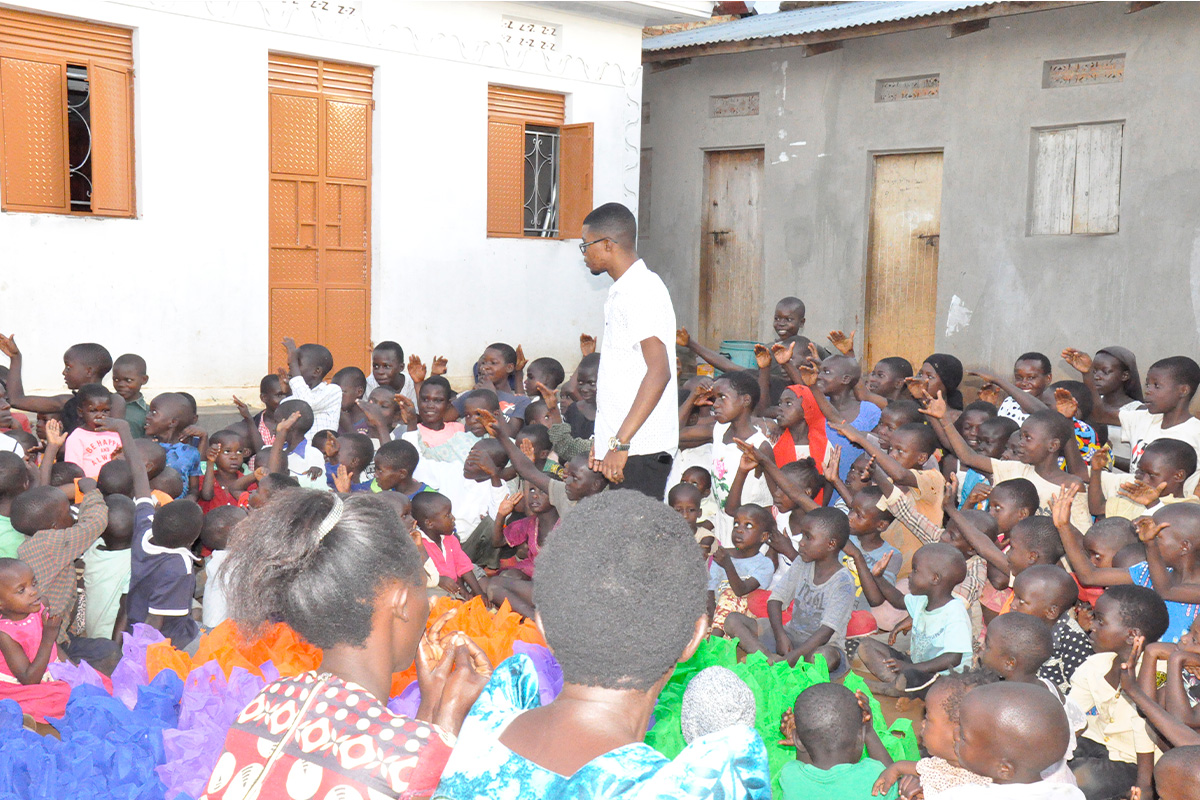

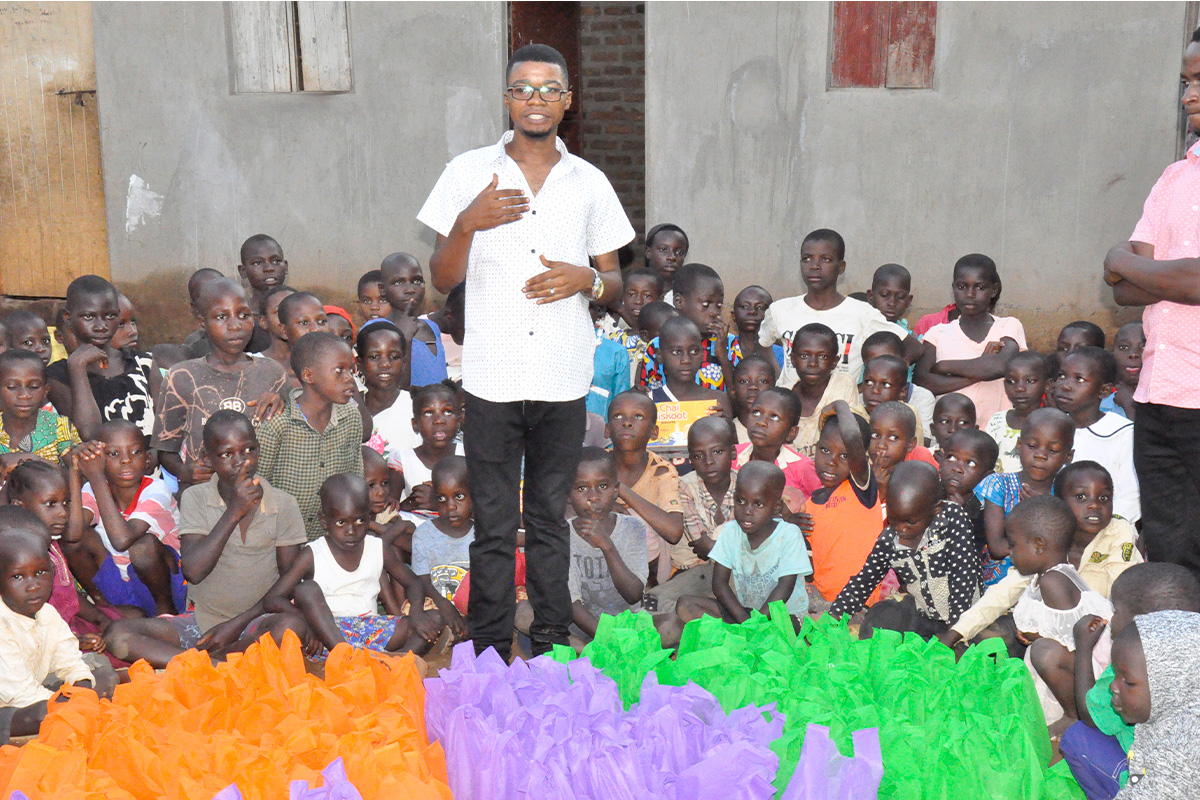
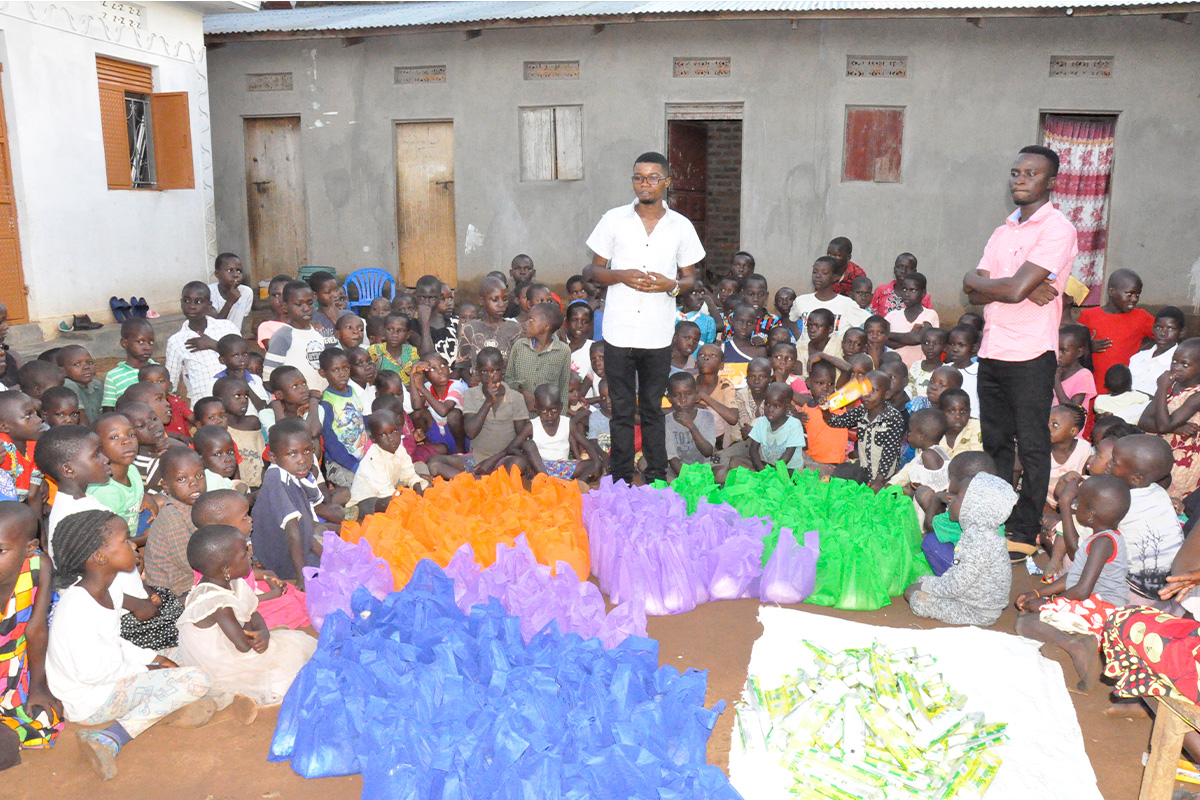


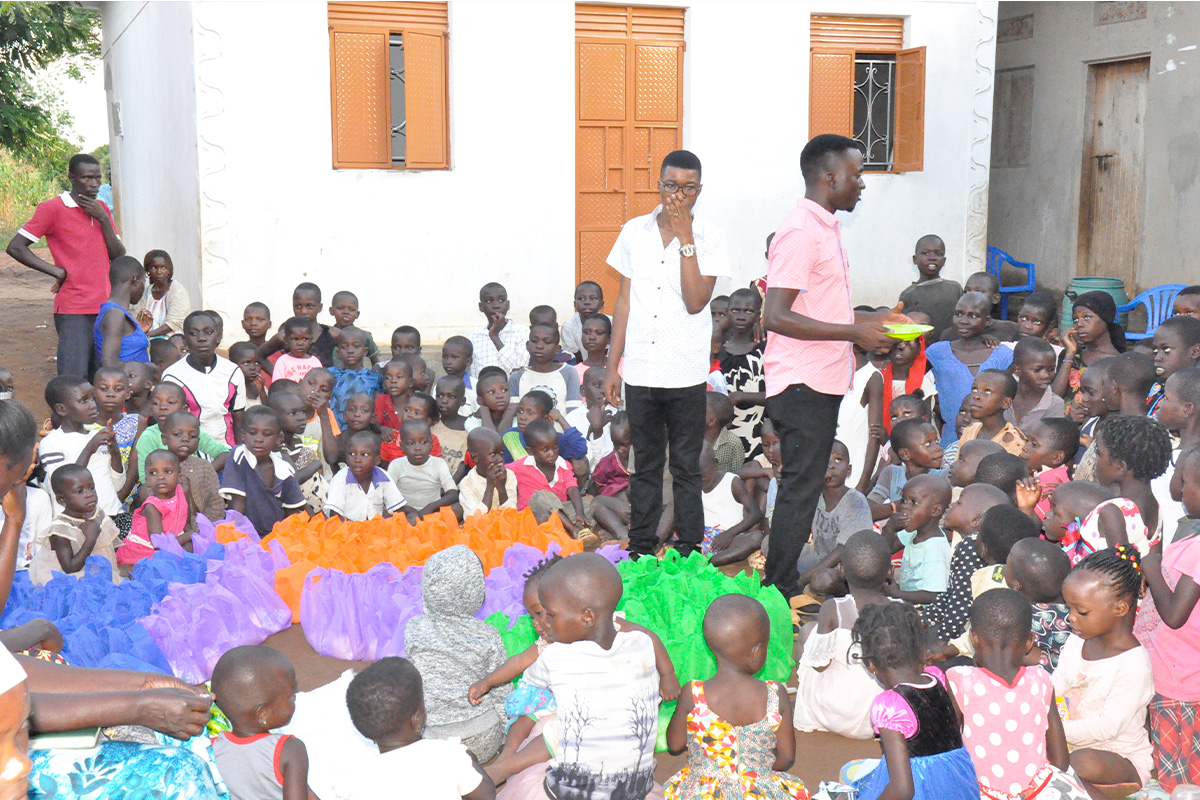
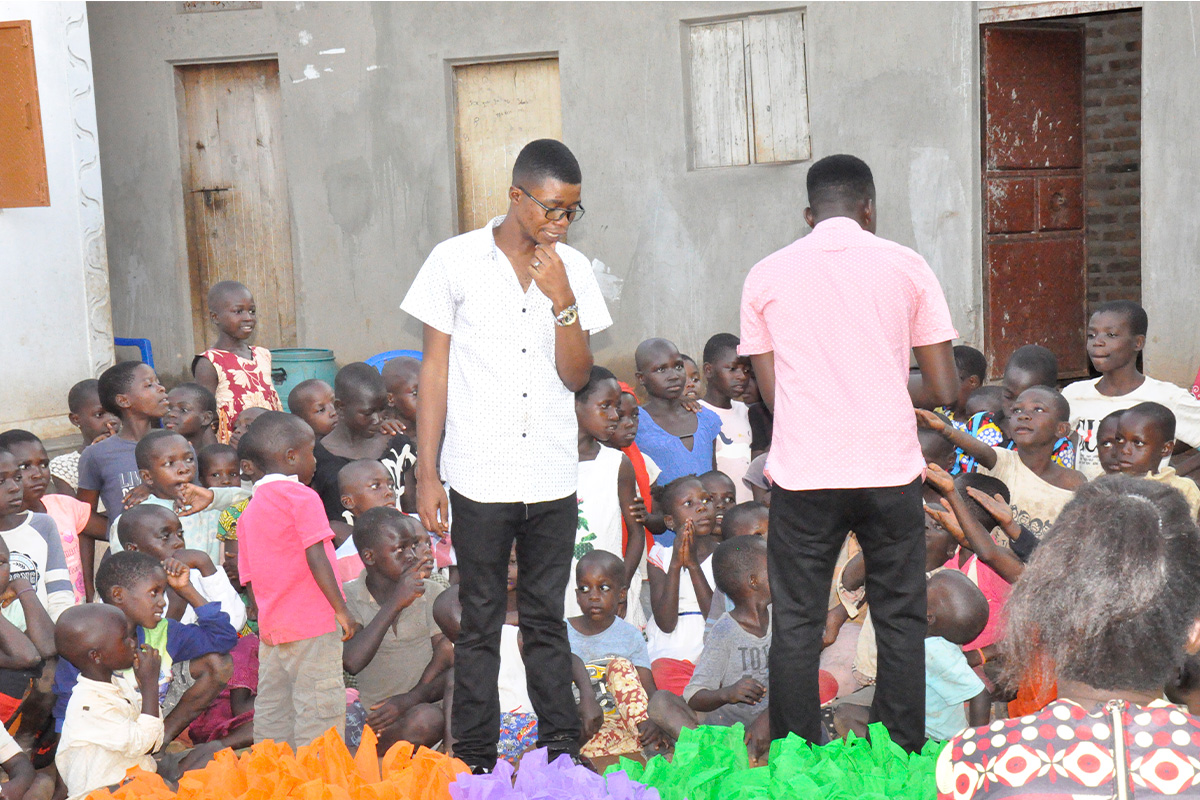
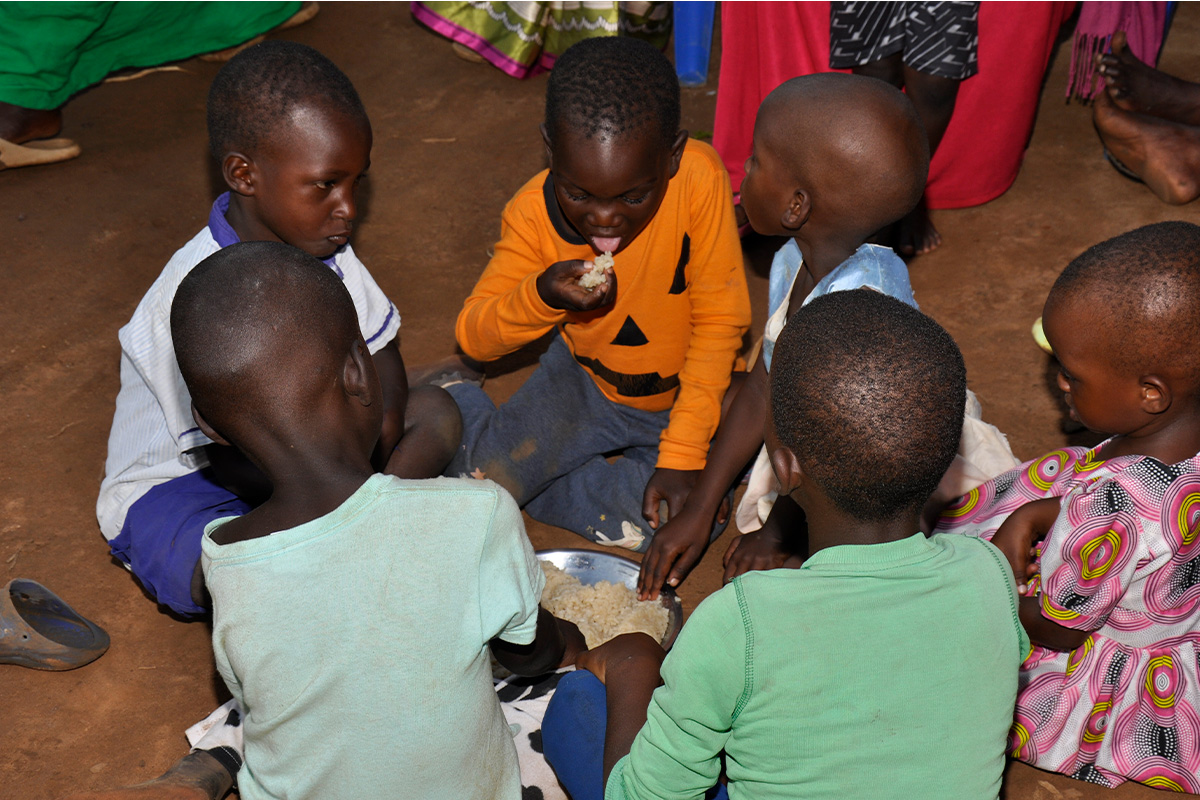

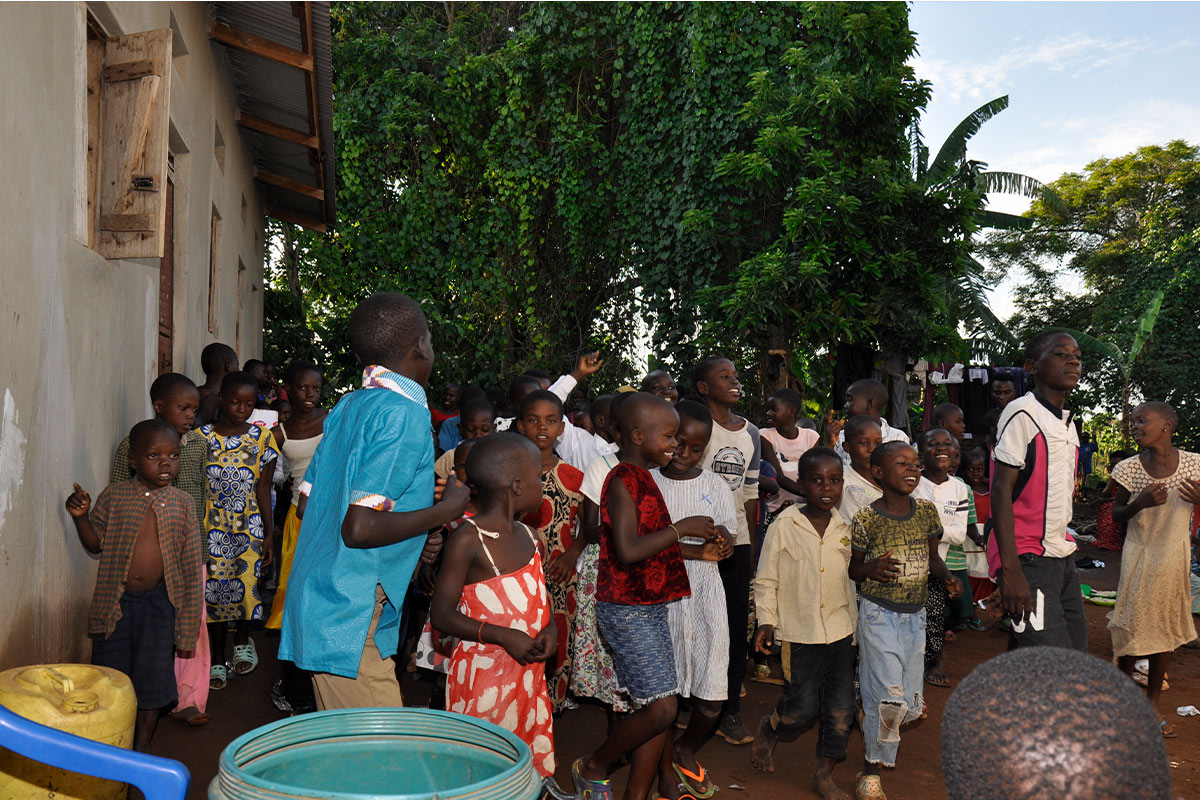

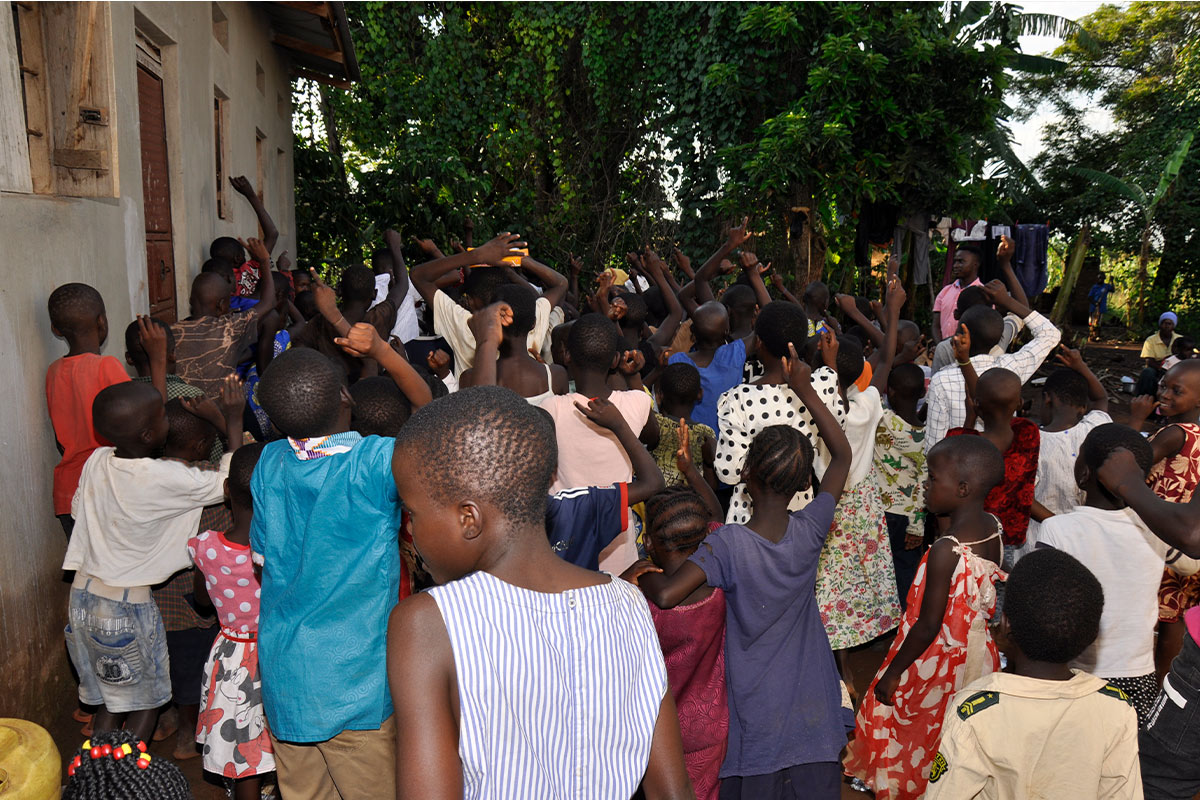
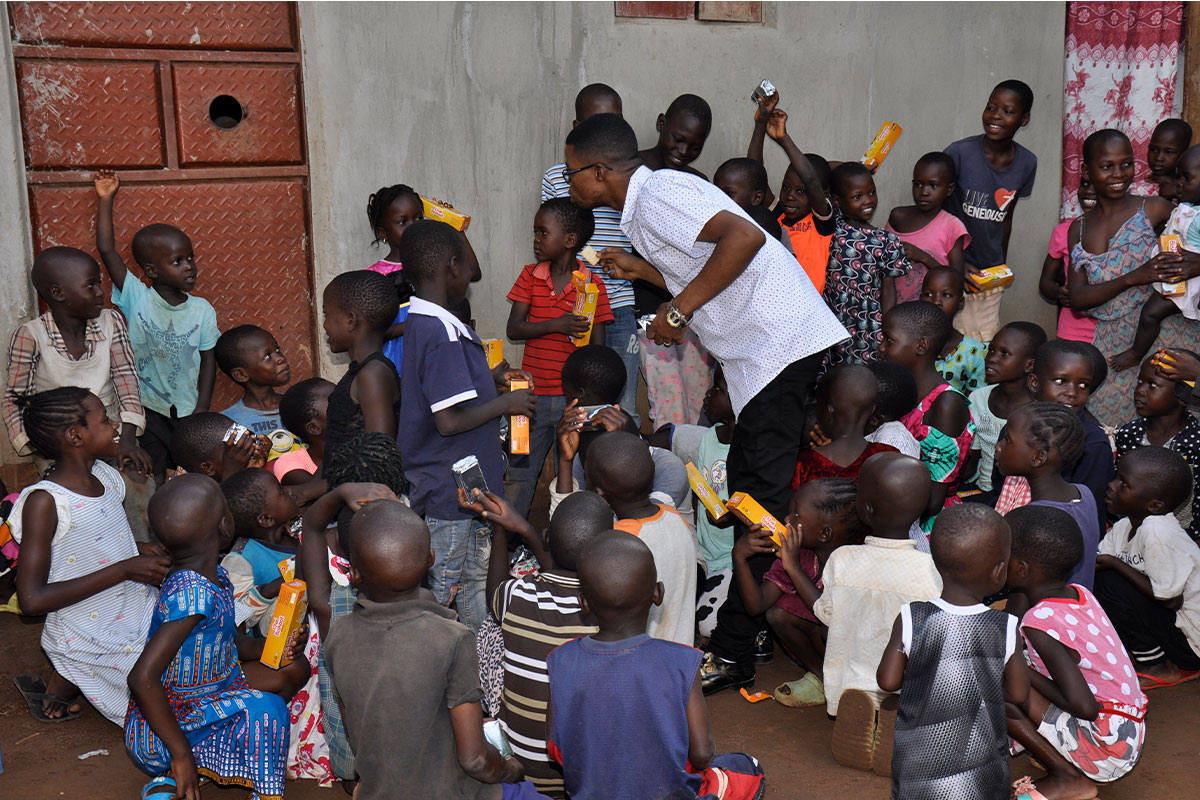
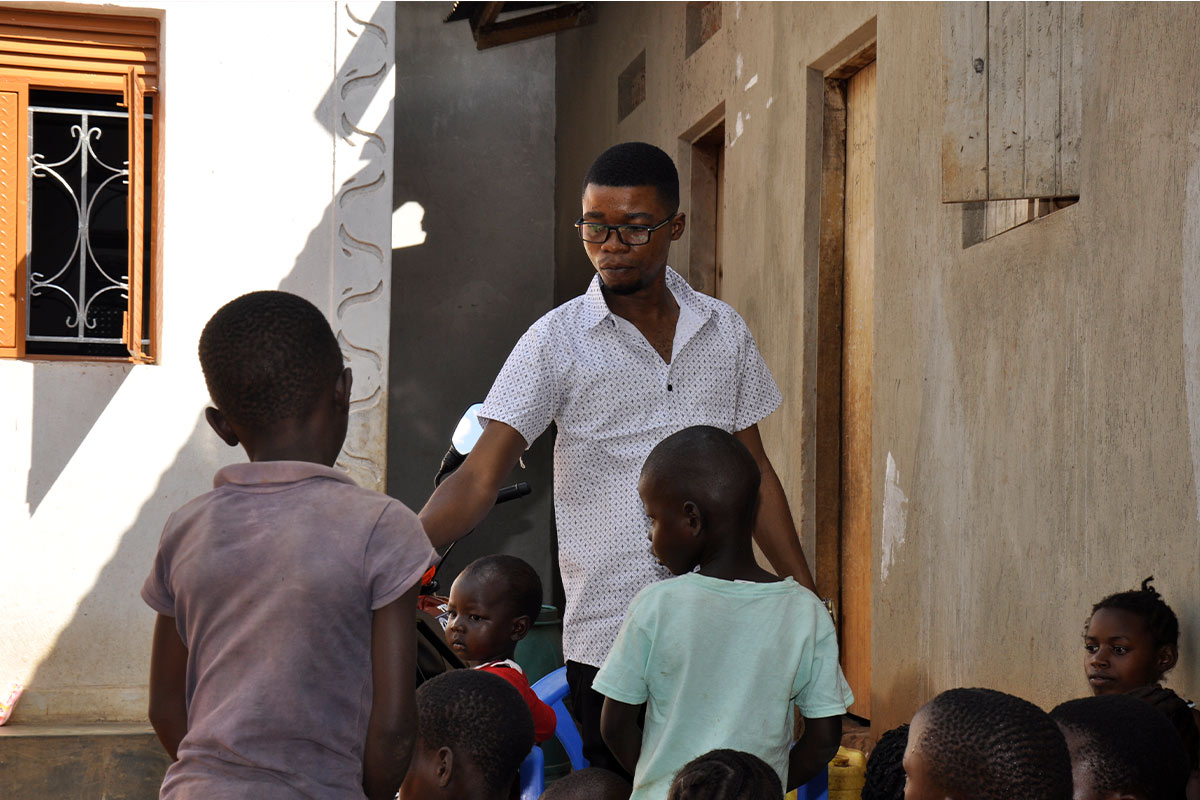
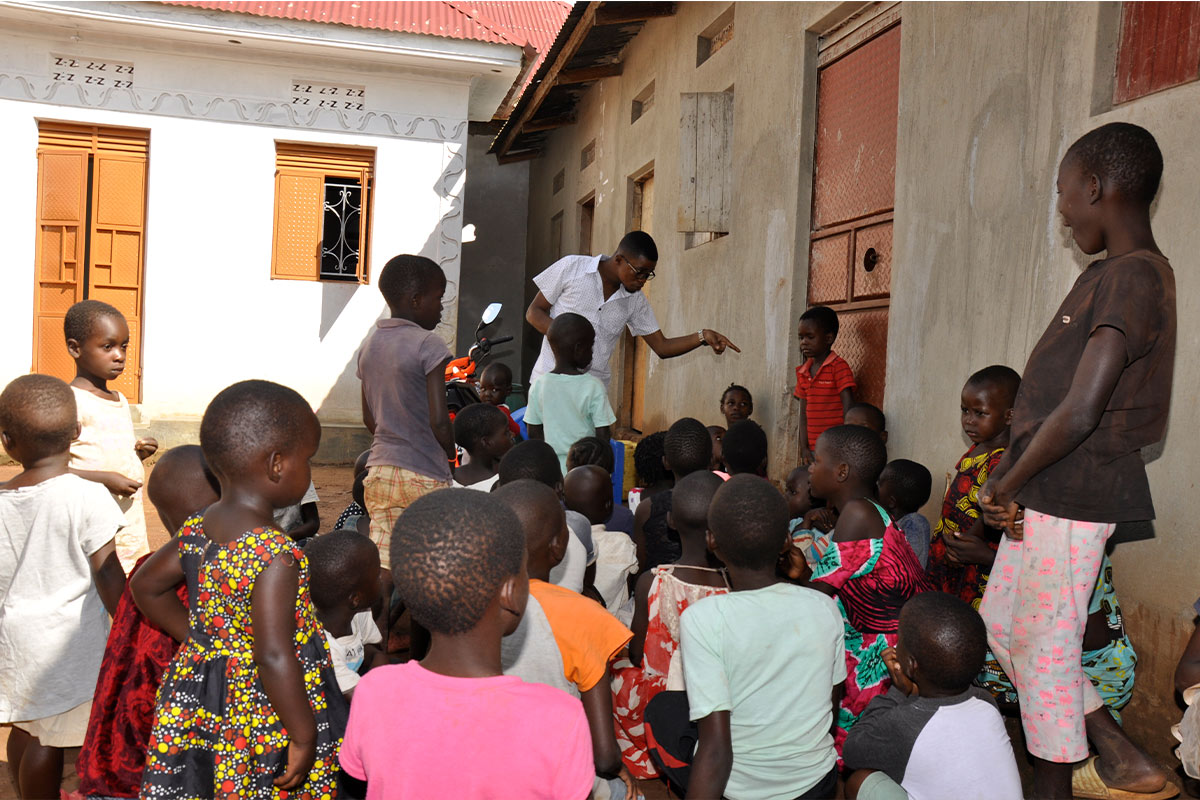
Our Community Reachout
